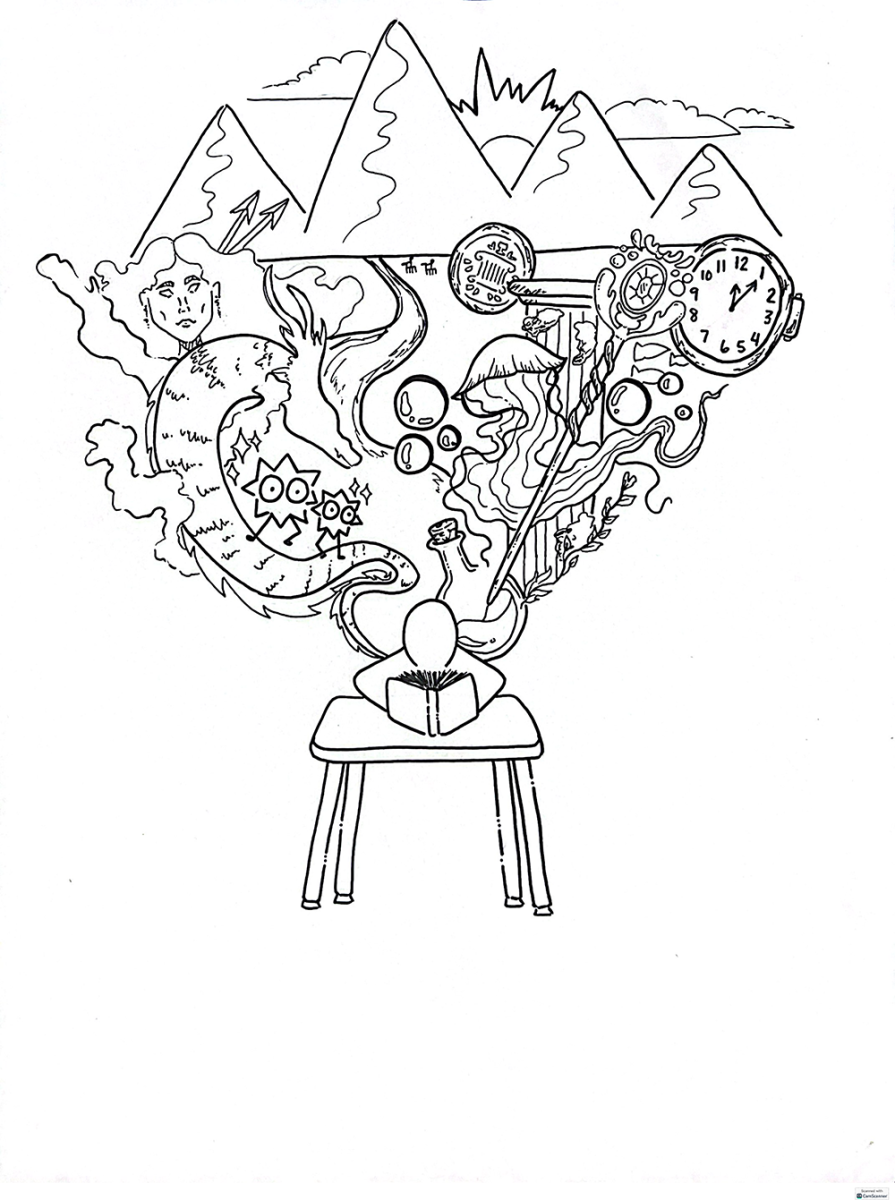The Beachwood athletic department’s wrestling documentary celebrates more than 60 years of hard work and tradition.
Created in partnership with the Maverick Podcasting Network, the project features 28 alumni and coaches sharing the story of Beachwood wrestling era by era.
The documentary traces the program from humble beginnings in the 1960s to its growth into a powerhouse that produced 19 state champions. The film captures not only victories on the mat but also the life lessons wrestlers carried far beyond their experiences in high school.
In the video, BHS alumnus Alan Kraus from the class of 1973 shared how wrestling taught him resilience and the concept of accepting setbacks.
“One of the great things about wrestling is that when you lose a match, you feel terrible at first,” Kraus said. “But if you think to yourself, ‘I worked as hard as I could, maybe I just met a better wrestler,’ you just have to accept the fact that you lost this match, there’s another match next week, and you move on.”
He reflected on how those lessons shaped his life beyond his competitive years.
“Prepare, give your best effort–even professionally,” Kraus said. “As a lawyer for over 40 years and an acting judge for close to 25 years, those are the types of things I applied in my profession.”
“You can’t win every case, you’re not supposed to,” he added. “Sometimes you meet a wrestler who’s just better than you, but you’ve worked hard, and those are the lessons you take with you.”
Director of Athletics Ryan Peters explained how the documentary grew out of a tribute to longtime coach Coach Domenick Iammarino, who has been with the district for more than 65 years and remains actively involved. The wrestling room was officially named after Iammarino last year to celebrate his legacy.
“We’d never named a room after anyone before,” Peters said. “Coach Iammarino started the program in 1965, so his biggest legacy is the history of Beachwood wrestling. He wanted that history and those stories to live on. He’s truly a storyteller at heart.”
In the documentary, Coach Domenick Iammarino reflected on those early days.
“It was 1965–I was the first wrestling coach. Some of the kids on the team had only wrestled intramurals the year before,” he said. “For the first year, we did okay, we won a few matches. I still remember the first kid who won out there–it was a 103 lb weight class and he pinned the kid.”
Iammarino recalled feeling very emotional when the first wrestler on the team stepped onto the mat.
“I literally remember this 58, 60 years later,” he said. “I had tears in my eyes.”
That pride in the program’s earliest moments has carried on for decades.
To honor Iammarino, the athletic department reached out to top wrestlers from across several decades. This included the very first team’s members, many now in their seventies.
Their stories now line the stairwell leading up to the wrestling room, providing a tribute to the contribution of each wrestler to the program’s legacy.
Peters explained the kinds of questions the wrestlers were asked, ranging from how they first got involved in the sport to what lessons they would like to pass on to today’s athletes.
“The stories asked were pretty much: how did you get involved in wrestling? How did Coach Iammarino and others live on in your memory? If you had to give a message to a new wrestler on the team, what would you say? We kind of walked them through their era,” Peters said.
The audience for the documentary extends far beyond the current student body. Peters explained that the documentary appeals to alumni, the wrestling community across the state and nation, and the local Beachwood community.
“The wrestling world is our audience, alongside our community,” Peters said. “Over the decades, we’ve had hundreds upon hundreds of wrestlers. Our program is considered one of the best in the state, and Coach Iammorino himself is a nationally recognized Hall of Fame coach.”
The program’s story reaches outside the community and the city’s borders.
The heart of the documentary, according to Peters, is simple: the history of Beachwood wrestling is alive and still being written.
Peters also stressed the length of Iammarino’s tenure at Beachwood compared to those of other sports, highlighting the need to keep the history alive.
“There’s never been anybody here who’s [coached] for more than 30 years, let alone more than 60. So I think that was the impetus for the whole thing: to keep the history alive,” he said.
Summing up the program in one word, he described it as a “family” to both him and others.
“We are a family, and we have each other’s backs. I’m part of that family, and I grew up in the wrestling program and I’m still a part of it,” Peters said. “I don’t care if you started the program, if you’re new to the program–we really take a vested interest in each other.”
The program has faced an array of challenges since its inception.
“At one point, during the 1987-1988 season, we were down to just one wrestler and the program was considered being dropped, but we rebuilt,” Peters said.
He described the successes that followed after a period of struggle.
“Since then, we’ve been second and fourth in the state multiple times and a powerhouse, always ranked in the top ten,” he said.
Peters shared more recent wins and achievements, noting that the program continues to build on its consistent legacy.
“I think our best finish was in 2003, when the team took second in the state–we came very close to winning,” he said. “This past year, we crowned the latest state champion: Caleb Greenwood.”
Other notable achievements include 17 state runner ups, 82 state place winners, 109 state qualifiers, and Beachwood ranking 23rd as crowning the most individual state champions in the state.
The documentary also recalls the humble beginnings of Beachwood’s wrestling program, highlighting the gritty conditions of early practices when wrestlers had to clear out furniture from cafeterias or teachers’ lounges to roll out their mats and practice.
Even in later decades, practices were held in cramped and unsafe spaces.
“We didn’t have room for practices until we renovated the high school around 2016. When there was no room, they would roll their mats out behind the bleachers near the track,” Peters said. “But there were also safety concerns with people running around the track during practices.”
Those challenges, Peters said, were important as they fostered a culture of resilience.
“Those humble beginnings were important, as they humbled the team a lot,” Peters said. “You have a really brilliant program, so it took time to build it.”
Part of what sets the wrestling program apart, Peters emphasized, is its rare continuity of leadership.
“We haven’t had a lot of turnover with head coaches,” he said. “There’s been about six or seven coaches since 1964, which is not a lot of head coaches.”
Peters highlighted how this continuity has strengthened the program.
“The coaches have always remained very close to the program, and most of them were part of the program themselves,” Peters said. “So that’s kept it pretty close and strong.”
The documentary has been warmly received by alumni and coaches alike. Peters explained how many saw it as a chance to give back and reconnect with the program.
“We interviewed people from all over the country, and they loved it. It was their way of getting back with the program,” he said.
Peters added that photos and QR codes linking to alumni stories now decorate the wrestling room so future generations can access and learn from them.
“If you go into the wrestling room, there’s pictures of all these people, and we placed QR codes linking to their stories to keep the history alive,” he said. “It’s great because I think it’s important for our future generations to know the stories of these past wrestlers.”
Looking ahead, Peters expects that another chapter is coming.
“There will be a follow-up project because the legacy has to continue,” he said. “You’ve got kids who’ve recently graduated and Caleb Greenwood, who should be part of that story. The story needs to be heard, so more than likely we will be adding on to this project.”
For Peters, the project was both challenging and deeply personal. He reflected on the great effort that was put in to develop the documentary while emphasizing the importance of its creation.
“It was a fun project, but I worked really hard on that project, and it took me a really long time,” Peters said. “And it’s a project that for me, is giving back to Coach Iammarino, which is really important.”
He further explained his personal reasons for driving the creation of this documentary.
“The biggest gift I can give to somebody who started a program and still remains a part of it is remembering their history and ensuring it stays intact,” he said. “Unless something happens in this building, those stories are always ingrained in us–and that’s very important to me.”
The documentary is available on the Beachwood Bison Athletics YouTube channel, where viewers can watch the full-length feature with interviews from all 28 alumni and coaches, as well as shorter individual videos highlighting the experiences of each wrestler and coach.

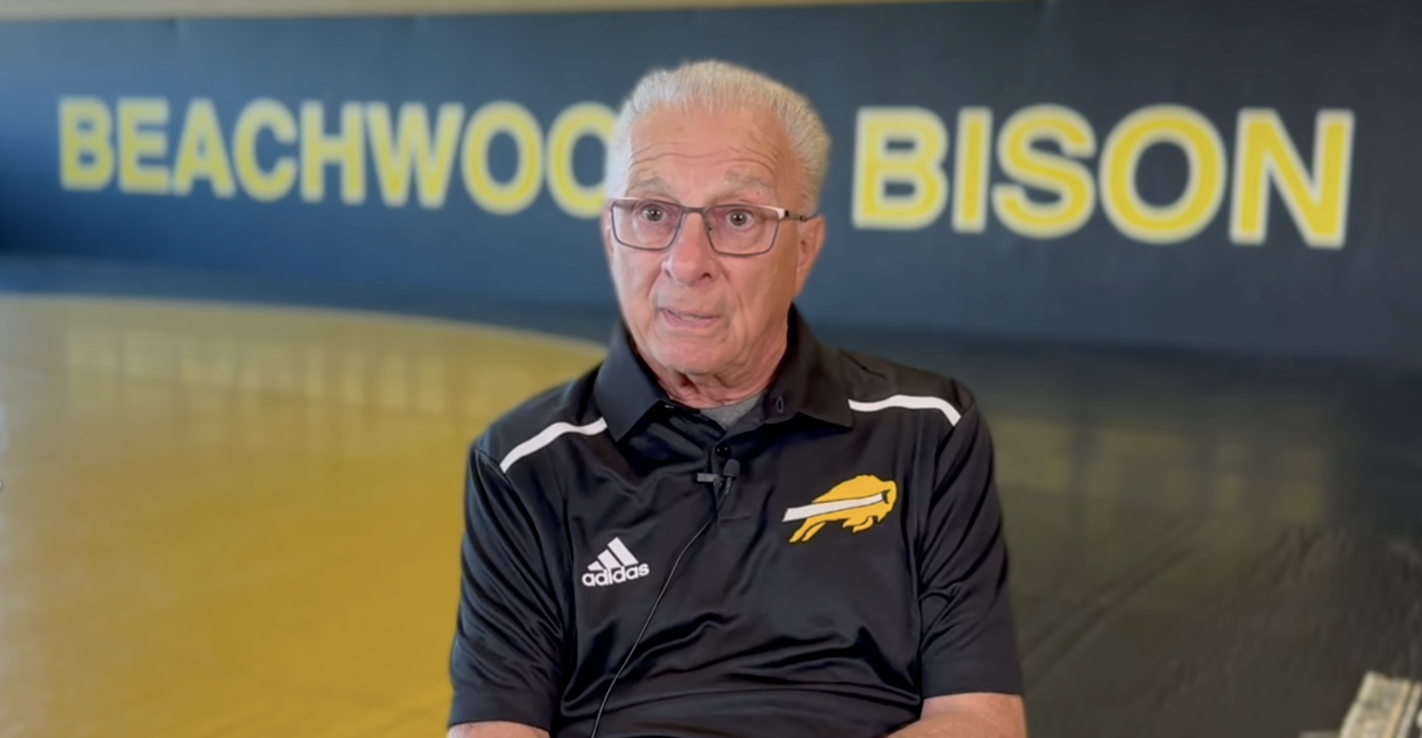
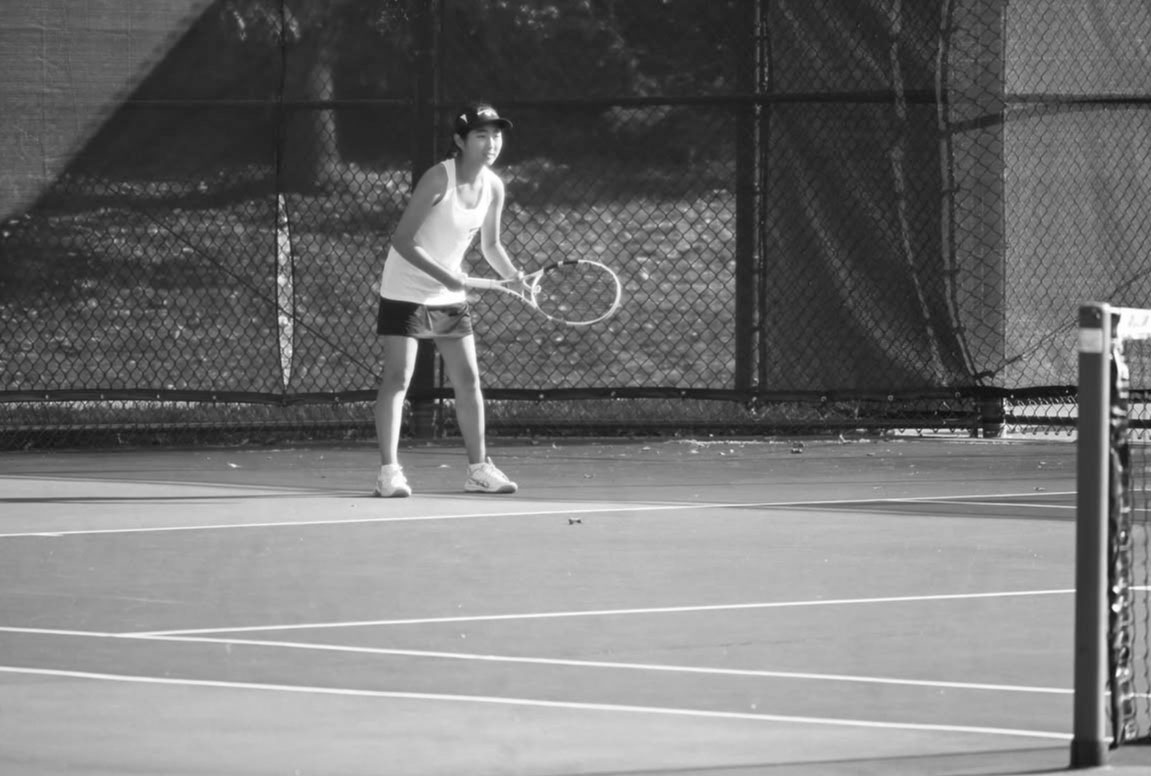

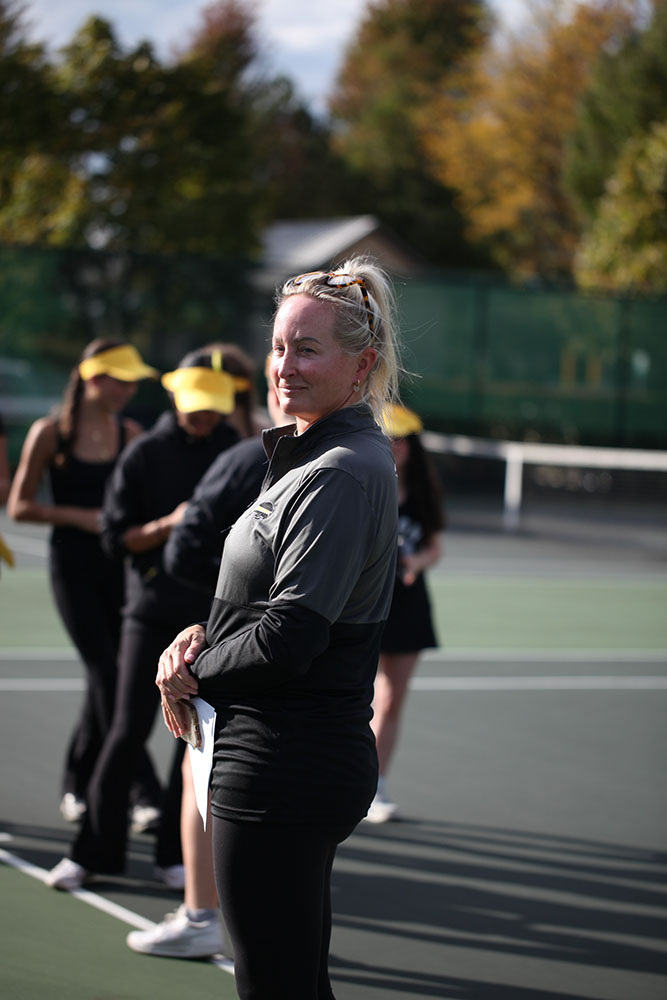
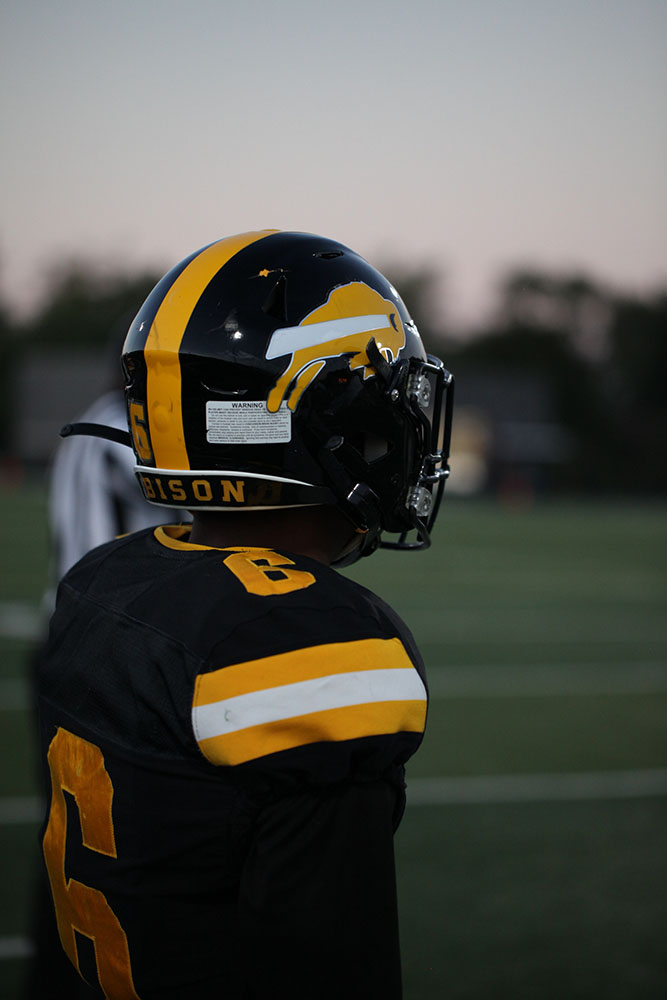
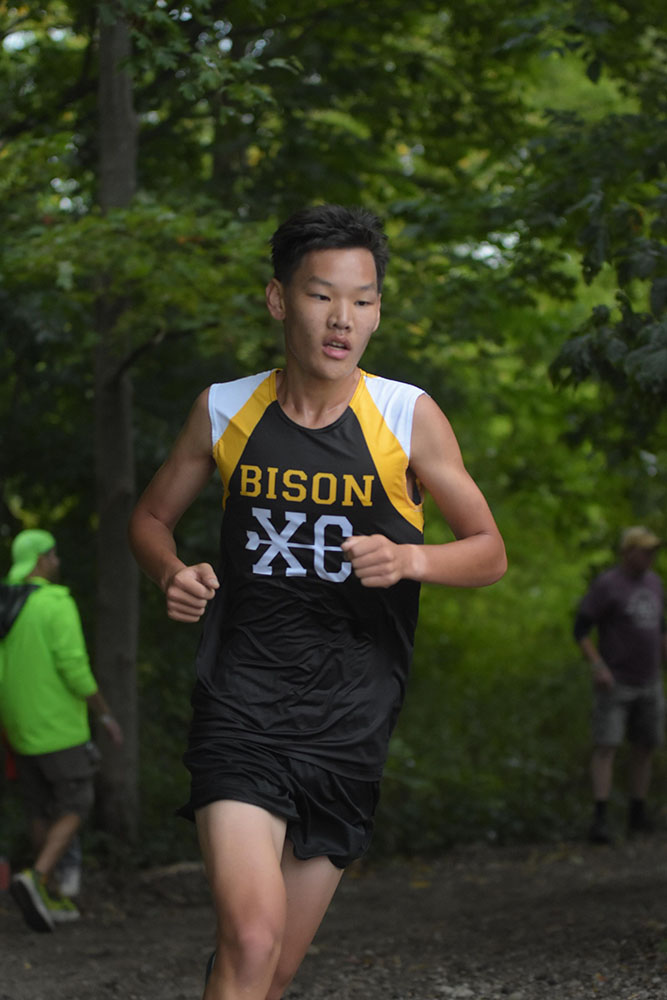
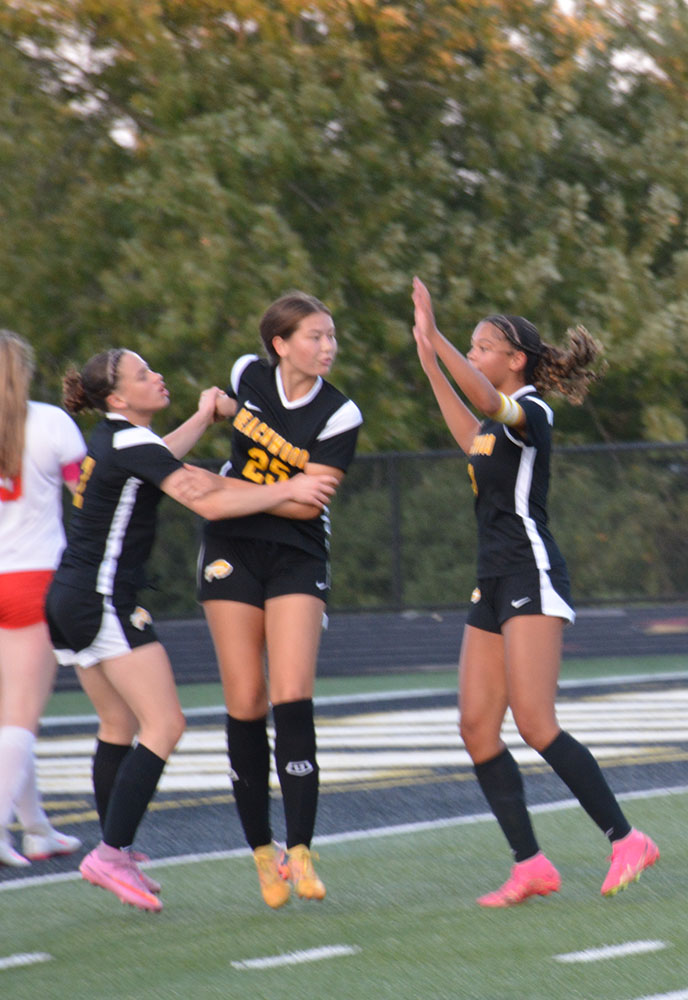
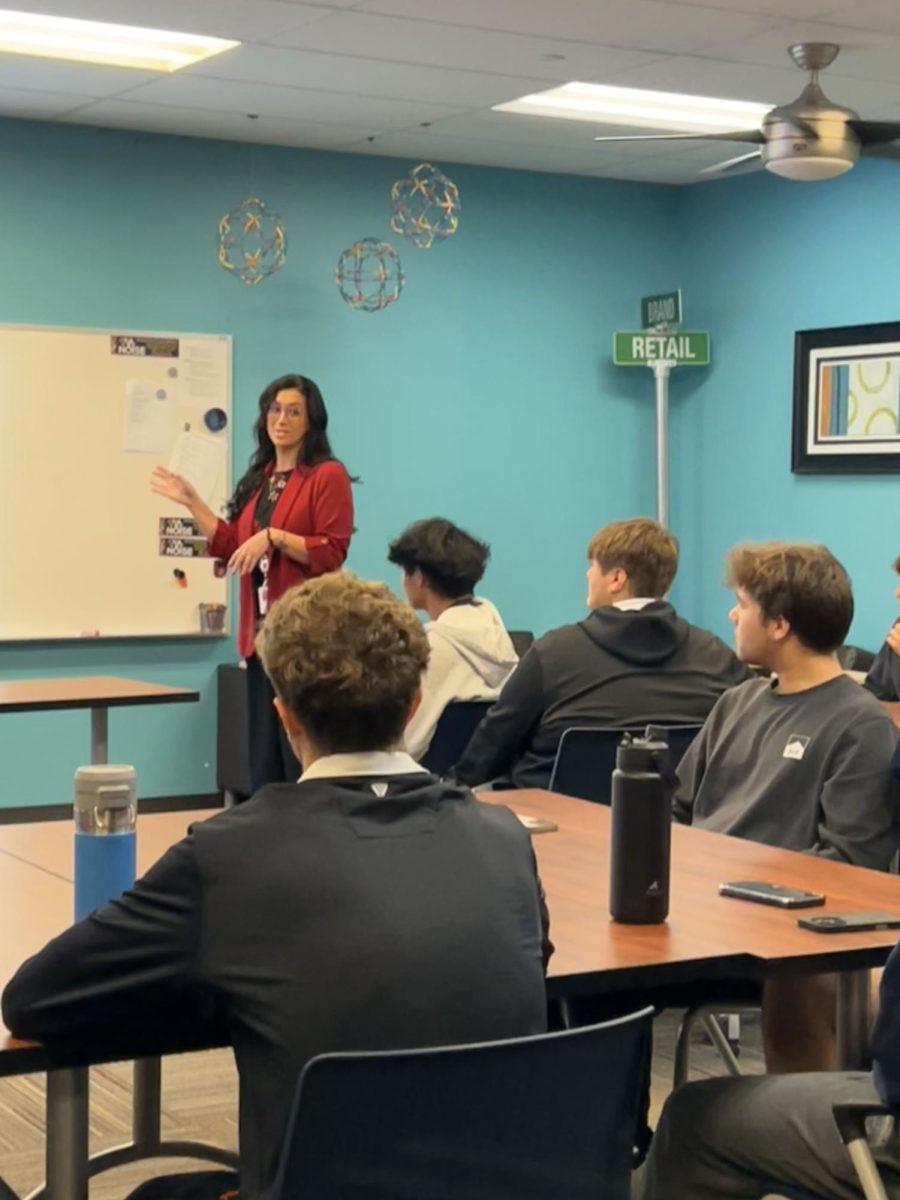
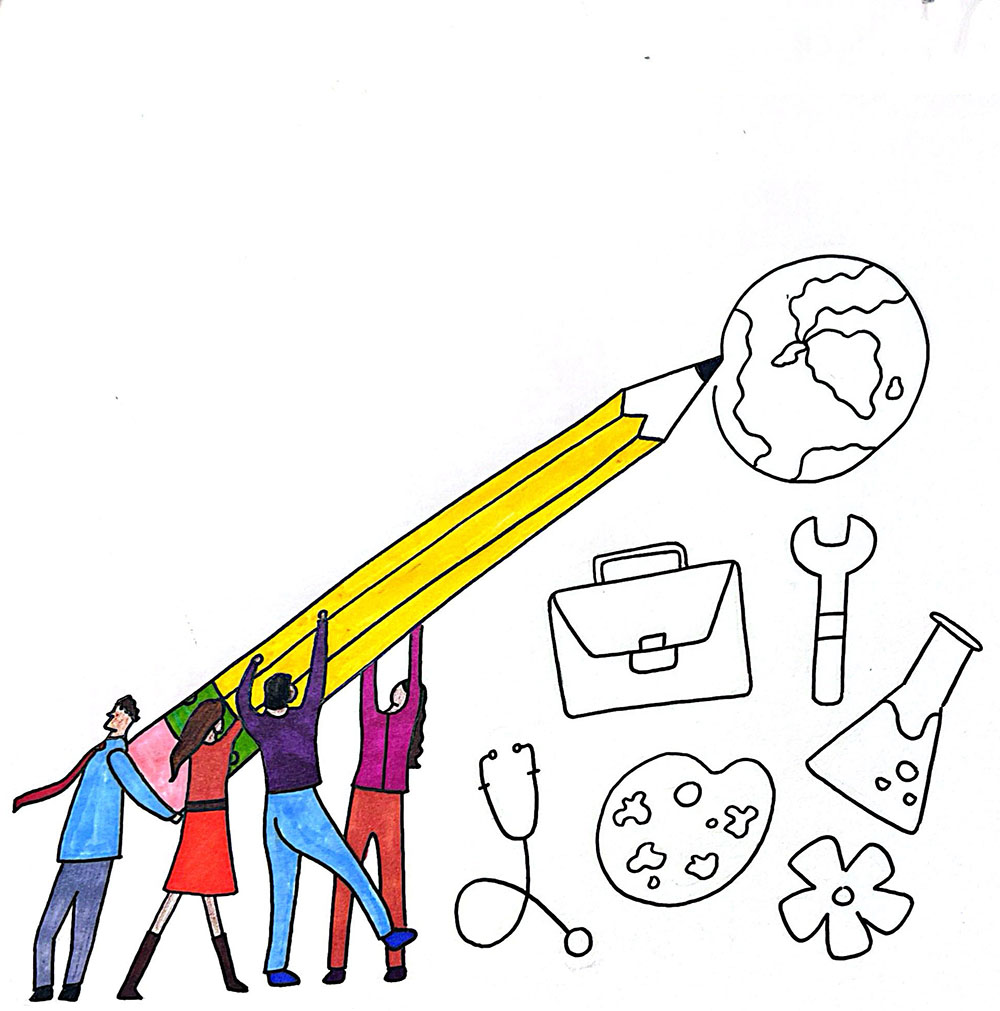
![“My parents have always said that education is important. My parents are Chinese immigrants, I'm Chinese American, [and that's a] value that has always been ingrained in our community,” said Senior Lyndia Zheng, pictured with Tony Zheng](https://bcomber.org/wp-content/uploads/2025/10/DSC_4244.jpg)


